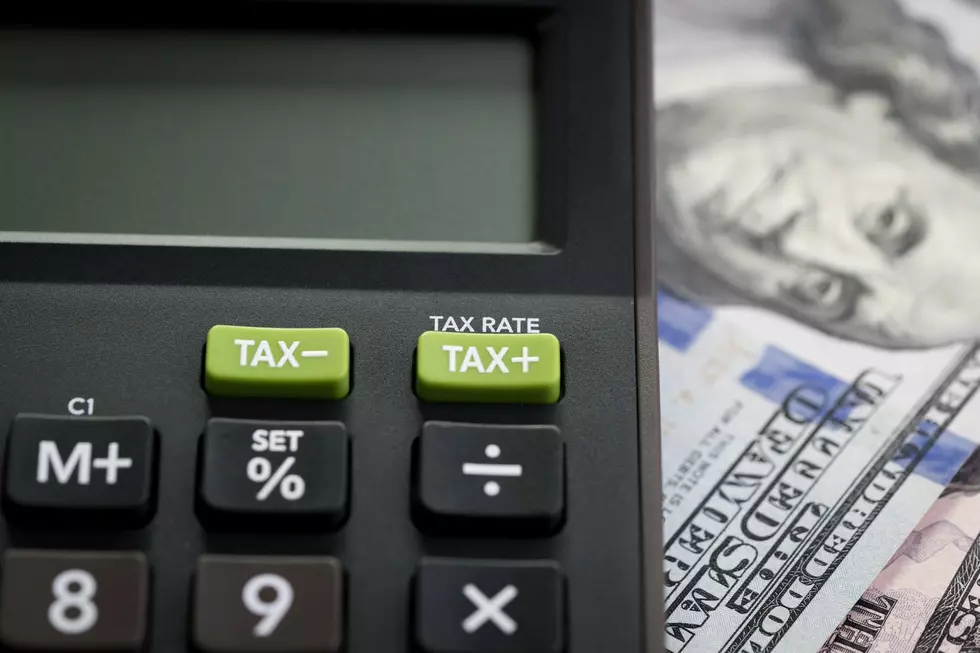
NJ tax collections finally make up ground lost in Great Recession
It took 11 and a half years, longer than in all but five states, but New Jersey tax revenues are finally above where they’d been before the Great Recession, according to a report by The Pew Charitable Trusts.
New Jersey’s revenue collections peaked at the end of 2007. Two and a half years later, they had plunged more than 18%, adjusted for inflation, and it took until spring 2019 for revenues to finally exceed their pre-recession peak – 10 years after the recession ended.
“Now it's a great thing that its tax revenue has finally recovered to the point where it had been since 2007, but it has taken New Jersey quite a long time to get there,” said Barb Rosewicz, a state fiscal analyst for the Pew Charitable Trusts and author of its Fiscal 50 report on state finance trends.
With New Jersey and Oklahoma finally fully rebounded as of last spring, only five states are still taking in less tax revenue than before the downturn: Alaska, Wyoming, Florida, Ohio and Louisiana.
After cratering, New Jersey revenues remained down more than 10% from their peak for nearly five years. They increased steadily from there, except for a setback in 2016, then grew more quickly after tax hikes on corporations and multimillionaires were approved in 2018, Gov. Phil Murphy’s first year in office.
New Jersey’s tax revenues in the second quarter of 2019 were 5.9% above their pre-recession peak, compared with 16% nationally. Compared with the first quarter of 2019, only two states had faster growth than New Jersey in the Pew analysis last spring: Oregon and Wyoming.
Pew’s data shows that since the recession, New Jersey has the nation’s 9th slowest growth of state personal income and 12th slowest growth in population. Both are growing, but it was the tax increases approved in 2018 that sped the state’s revenue growth.
"New Jersey's latest tax revenue passed a benchmark, and that's a really good thing, but it would be unrealistic to expect that New Jersey would suddenly be able to solve all of its budget problems,” said Rosewicz.
She compared New Jersey to a family in which the breadwinners lost their jobs or took a pay cut during a recession and didn’t get back to the same salary for more than 10 years.
"The family would still be feeling effects from all those years when it had less money,” Rosewicz said. “It couldn't save for college. It couldn’t add to retirement accounts. It couldn't fix the roof. Well, the state is like that family.”

Rosewicz said it’s notable New Jersey put $401 million into its rainy-day fund, the first time since the recession. But she said that’s still the fourth smallest among states, as a share of spending, and that the state also still has huge future liabilities for pensions and health benefits for public workers.
Last week, the American Legislative Exchange Council said in a report that New Jersey’s $130 billion in unfunded liabilities for retired public employee health care benefits is bigger than every state except California.
Michael Symons is State House bureau chief for New Jersey 101.5. Contact him at michael.symons@townsquaremedia.com.
More From New Jersey 101.5 FM









